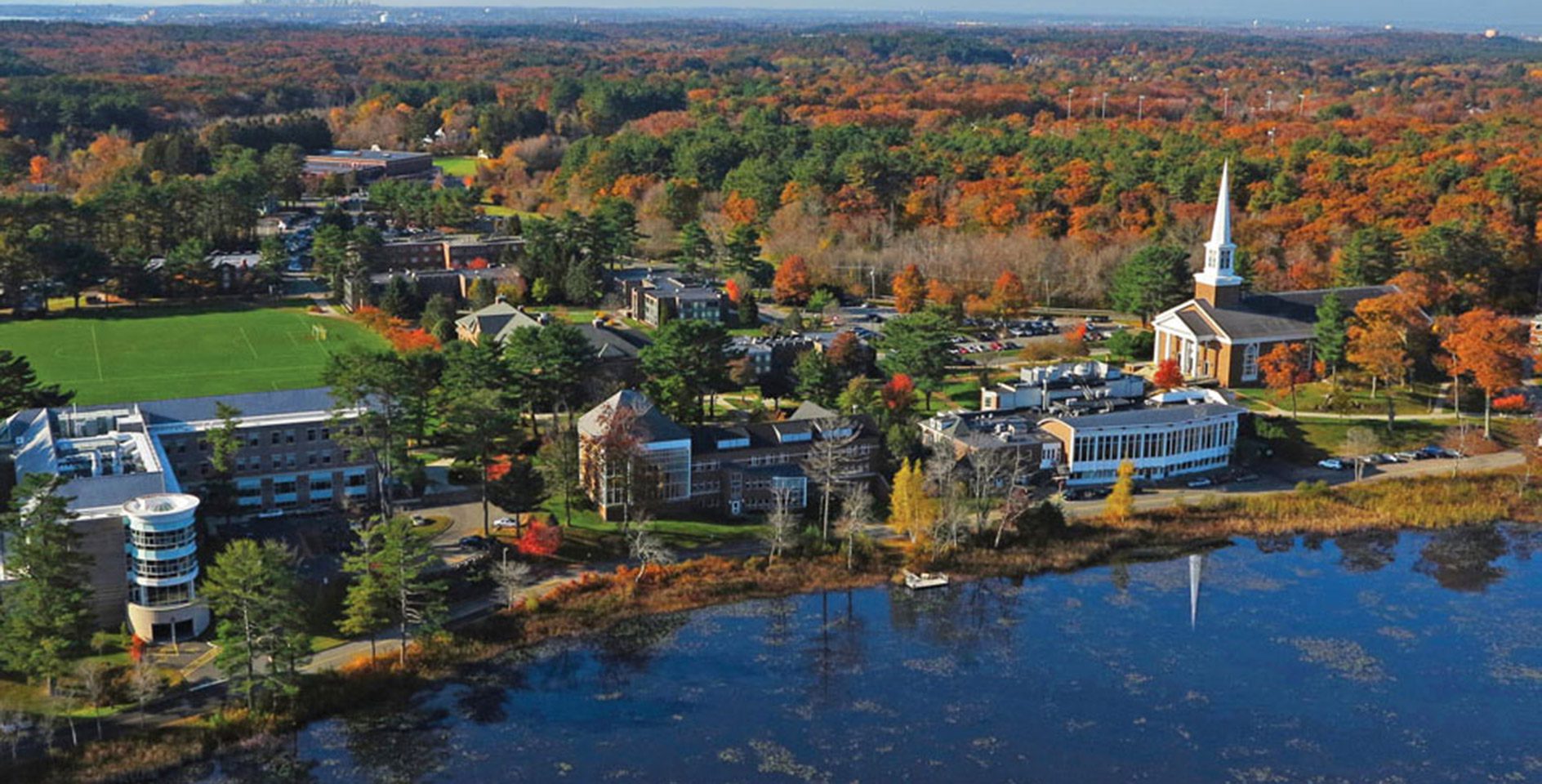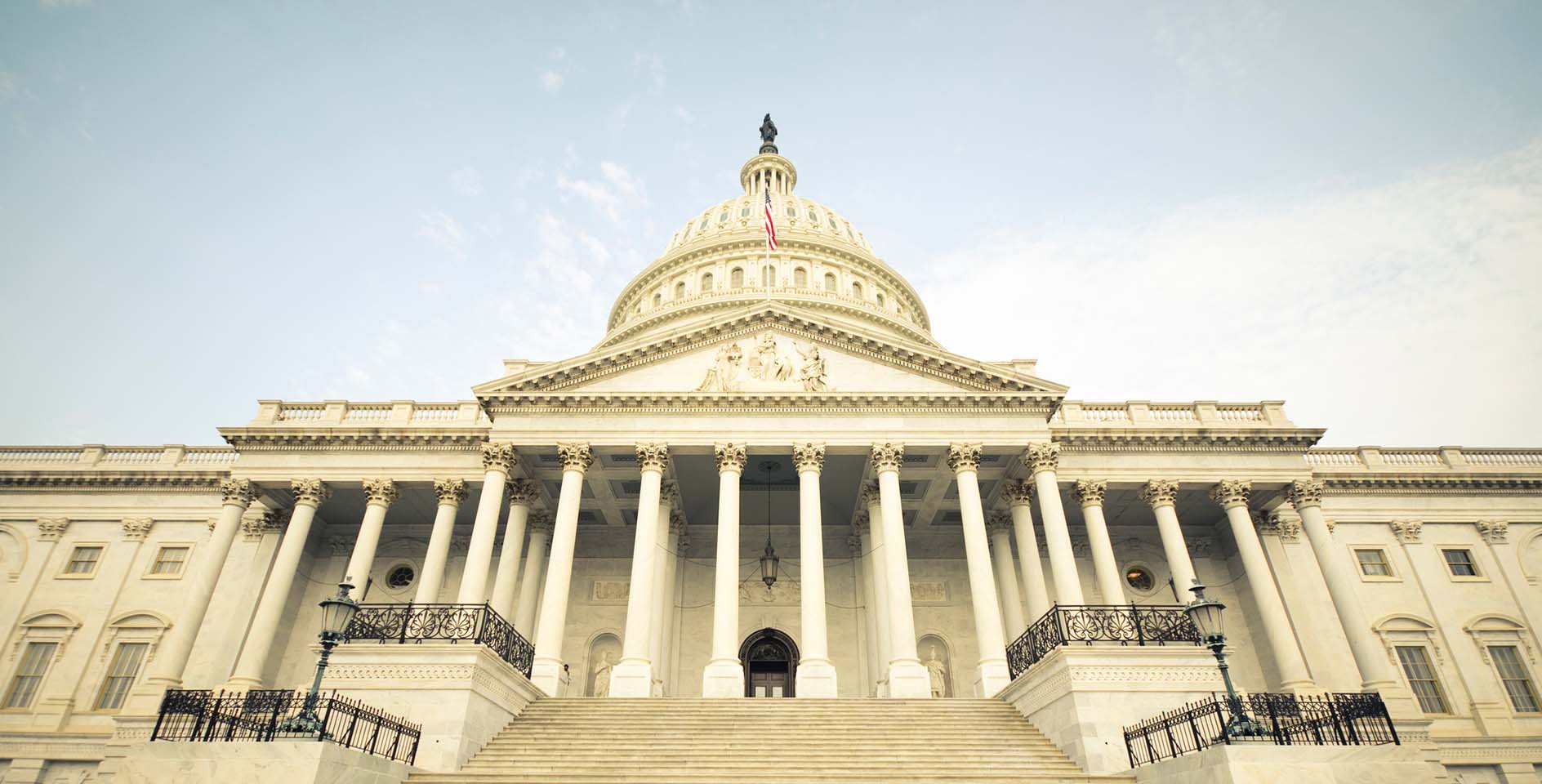In a recent case, the Massachusetts Supreme Judicial Court ruled unanimously against Gordon College, a non-denominational Christian school in the state of Massachusetts, about whether it can be sued by a former professor for employment discrimination.
Margaret DeWeese-Boyd, a former professor of social work claims she was “denied tenure . . . because of her protected activity opposing Gordon College’s discriminatory anti-LGBTQ+ policies and practices, her advocacy on behalf of LGBTQ+ individuals at Gordon College, and/or her gender.” Because Gordon College is a religious institution, the school sought to end DeWeese-Boyd’s lawsuit by claiming that her role was covered under the ministerial exception.
In a significant and misguided ruling, the court determined that the ministerial exception does not apply in this case, as Boyd’s teaching responsibilities were insufficient grounds to consider her a “ministerial employee.” If not overturned, such a standard would have seismic implications for religious institutions in education from pre-schools to universities–at least in Massachusetts–by imperiling their ability to hire and retain teachers and faculty dedicated to their institution’s mission and beliefs.
What is this case about?
Fundamentally this case is about the scope of the ministerial exception. Writing for the court, Justice Kafker stated, “This case requires us to assess whether the ministerial exception applies to an associate professor of social work at a private Christian liberal arts college . . . Unfortunately, the parameters of the exception — that is to say, who is covered by the ministerial exception — remain somewhat unclear.”
Like any instructor at a Christian institution, Deweese-Boyd was expected to meaningfully integrate the Christian faith into the disciplines she taught. But as a professor of social work, she was not responsible for teaching sacred texts, leading students in devotions, or other explicitly religious exercises.
As Christianity Today reports, in 2016 Gordon College amended its faculty handbook to explicitly state that all professors at the school were considered ministers. Likewise, the president of Gordon College attested to this, saying “there are no non-sacred disciplines” at the school. The key principle is that every professor at Gordon College is expected to pursue instruction in a distinctly Christian manner, regardless of their discipline or course of instruction.
What is the ministerial exception?
The ministerial exception is a constitutional protection that bars the government from interfering with hiring decisions made by religious organizations. Allowing the government to control the hiring practices of religious organizations would infringe on the Free Exercise rights of religious institutions to operate independent of government involvement. The ministerial exception is grounded in both religious clauses of the First Amendment.
In its June 2020 decision in Our Lady of Guadalupe School v. Morissey Beru (in which the ERLC filed an amicus brief cited in the Court’s ruling), the Supreme Court held that there is no rigid formula to determine if the ministerial exception applies. Rather, the Court looks at a variety of factors surrounding the individual’s employment including, but not limited to: official title, religious training, religious credentials, a source of religious instruction, and whether the duties played a role in teaching the religious organization’s message and conveying its mission.
In ruling against Gordon College, the Massachusetts court compared DeWeese-Boyd’s responsibilities to those roles previously considered by the Supreme Court related to the ministerial exception. Ultimately, the court determined her roles did not fall within the “unclear” parameters of the ministerial exception and allowed her discrimination lawsuit to move forward. This ruling is surprising because it seems self-evident the Supreme Court declined to articulate the explicit parameters of the ministerial exception to avoid these very circumstances, a lower court seeking to evade application of the standard in cases where specific functions have not previously been considered by the Court.
Could this affect other Christian colleges and universities?
Possibly. While this is a very disappointing ruling that threatens the integrity and religious freedom of Christian educational institutions in Massachusetts, it is possible that Gordon College will appeal the ruling. Were they to be successful upon appeal, the result could strengthen the protections of the ministerial exception for faith-based institutions in the commonwealth. Moreover, even if the college does not further contest the ruling, issues related to the ministerial exception are likely to continue to arise for religious schools across the country.
The ruling is deeply problematic because it allows the government to significantly overstep its authority based on a flawed understanding of Christian education. No one expects the government to have a nuanced or comprehensive understanding of the ways the Christian faith is applied to instruction in non-religious disciplines, such as social work or math or chemistry. But the principles of separation and free exercise exist precisely because the government does not need to understand these things to respect them and to recognize that they lie beyond the purview of the state.
In the court’s ruling, Justice Kafker stated, “The most difficult issue for us is how to evaluate [DeWeese-Boyd’s] responsibility to integrate her Christian faith into her teaching and scholarship as a professor of social work.” In this, the court asked the right question but arrived at the wrong conclusion. The entire premise of Christian education is that the Christian faith has unique implications for every area of life and academic discipline. It is not for courts to decide the extent to which the faith applies to such instruction. And in limiting the ministerial exception, the court significantly restricted the religious freedom of faith-based schools in the commonwealth.
What happens next?
Religious institutions should never be forced to choose between accomplishing their mission and the faith that compels that mission. After the Supreme Court’s ruling in Our Lady of Guadalupe School, administrators, faculty, students, and parents involved with Christian schools, colleges, and universities in the United States were able to breathe a sigh of relief. That ruling indicated that these institutions would enjoy broad protections under the ministerial exception to make employment decisions based on their faith and mission without the fear of government interference.
It is critical that these institutions maintain such freedom. It is unfathomable to think that faith-based institutions would be forced to hire or maintain employees whose teaching or stated beliefs run contrary to the core beliefs of the institution itself. Whether or not Gordon College opts to appeal this ruling, we expect further legal action on the ministerial exception. And the ERLC will continue to advocate on behalf of these institutions and in defense of religious liberty.











